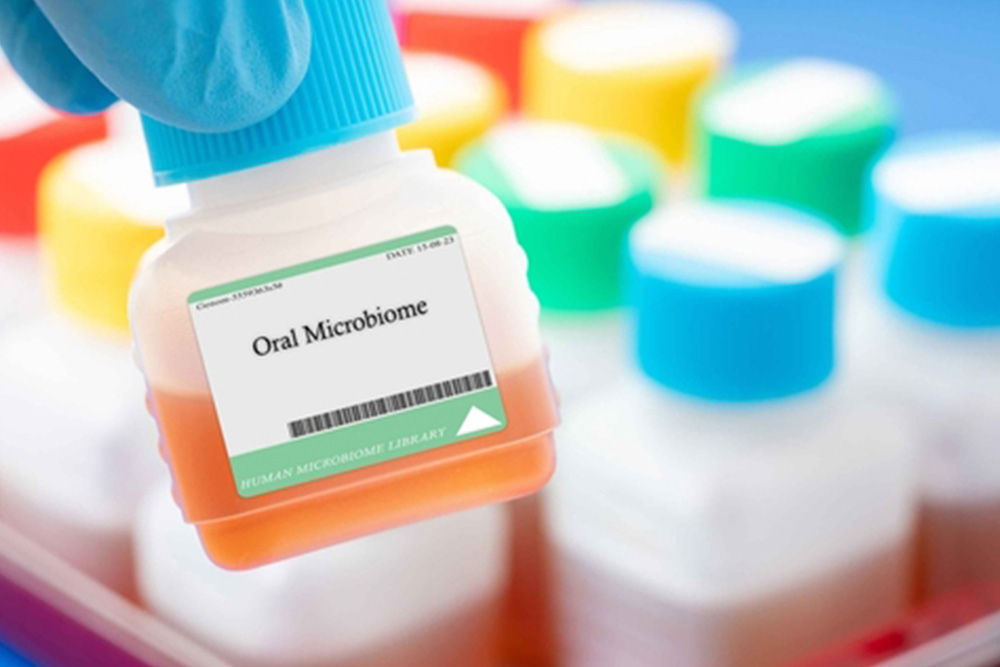Study Identifies Potential Predictors for Atopic Dermatitis in Infants

A recent observational study evaluated potential biomarkers to predict atopic dermatitis (AD) development in infants by assessing serum markers and cutaneous measurements in 40 newborns over 12 months.
Childhood Obesity Linked to Higher Risk of Atopic Dermatitis

In a recent study, researchers highlighted a potential link between early childhood obesity and the development of immune-mediated skin diseases (IMSDs), particularly atopic dermatitis (AD). Researchers analyzed data from over 2 million South Korean children, ages 4 to 12, from 2009 to 2020, examining the impact of body mass index (BMI) on the onset of IMSDs.
Environmental Factors Play Key Role in Atopic Dermatitis Development and Management, Study Shows

Recent studies suggest that environmental exposures, such as maternal stress during pregnancy, tobacco smoke, climate, pollutants, and dietary habits, may play a significant role in the development and progression of atopic dermatitis (AD). Maternal stress and prenatal antibiotic use have been linked to an increased risk of AD in children, while certain dietary factors, such as the consumption of fish, may have protective effects.
Picture-Based Scorecard Enhances Atopic Dermatitis Diagnosis in Infants Across Diverse Skin Tones

A study found that a picture-based scorecard incorporating multiple skin tones improved the assessment of atopic dermatitis (AD) in infants. The scorecard aimed to address the challenges of diagnosing AD across diverse skin tones, potentially preventing related conditions like peanut allergy. The study involved 13 infants and included photographs from various ethnic backgrounds. Dermatologists assessed the severity of AD in these photos, leading to a validated tool that was tested by 159 pediatricians. Among the respondents, 53.7% found the scorecard “very” or “extremely” helpful, and 35.5% said it moderately improved their ability to diagnose and categorize AD.
Staphylococcus Aureus Protease Drives Atopic Dermatitis Itch

Research has revealed that the pathogenesis of atopic dermatitis (AD) involves complex interactions between the host’s genetic factors, immune system, and microbiome. Notably, the overgrowth of Staphylococcus aureus on the skin of patients with AD plays a significant role in worsening the disease. The bacteria’s V8 protease activates protease-activated receptor 1 on sensory nerves, triggering itch and perpetuating the cycle of skin damage and inflammation.
Study Reveals Higher Rates of Positive Patch-Test Reactions for Allergic Contact Dermatitis in Children With Atopic Dermatitis

Researchers of a study found that children with atopic dermatitis (AD) are more likely to have positive patch-test reactions for allergic contact dermatitis (ACD) compared to children without AD. Despite an estimated 16.5% prevalence of ACD in children, less than 10% undergo patch testing for diagnosis. Researchers at the University of Minnesota Medical School conducted a retrospective study using data from the Pediatric Allergic Contact Dermatitis Registry (2018-2022) involving 912 children, of whom 615 had AD.
Study Links High Sodium Intake to Increased Atopic Dermatitis Risk

Higher dietary sodium intake has been linked to an increased risk of atopic dermatitis (AD), suggesting that a sodium-restricting diet could be beneficial for managing the condition. This study found that fast food diets, typically high in sodium, are associated with more severe eczema in children globally. The research involved 215,832 adults aged 37 to 73, where 5% had AD. It revealed that higher 24-hour urine sodium excretion correlates with higher odds of AD and increasing severity. A validation cohort from the National Health and Nutrition Examination Survey confirmed these findings, indicating a 1 g/day increase in dietary sodium intake is associated with a higher risk for current AD.
Rising Atopic Dermatitis Cases in Elderly Highlight Unique Immune Differences and Risk Factors

The onset of atopic dermatitis (AD) in older adults, including those aged 90 and above, has been increasingly documented, highlighting age-related immune differences and risk factors. According to a 2012 survey, AD prevalence in the United States remains between 6% and 8% through adulthood, with a meta-analysis showing that 26.1% of adults with AD report its onset in adulthood. Recent research also identified significant proportions of elderly-onset AD, with studies showing incidence peaks in both infancy and older adulthood.
Eczema Initiative Recommends Validated Instruments for Atopic Dermatitis in Clinical Practice

Outcome measurement is crucial in value-based healthcare, aiding patient care, quality improvement, and clinical effectiveness evidence generation. The Harmonising Outcome Measures for Eczema Clinical Practice initiative aims to provide clinicians with a selection of validated, feasible instruments to measure atopic dermatitis (AD) tailored to their specific needs in clinical care.
Study Links Atopic Dermatitis With Oral Health Disparities: Insights into Altered Oral Microbiota

In a study, researchers looked into the relationship between atopic dermatitis (AD) and oral health, aiming to bridge the knowledge gap in understanding the oral microbiota in patients with AD compared with healthy controls. Involving 45 AD participants and 41 matched controls, the study assessed various oral health indices and conducted high-throughput 16S rRNA gene sequencing analysis on oral flora samples. Results unveiled significantly poorer plaque and oral hygiene indices in AD participants, along with higher oral microbial diversity compared with controls, suggesting an association between AD and altered oral microbiota.

